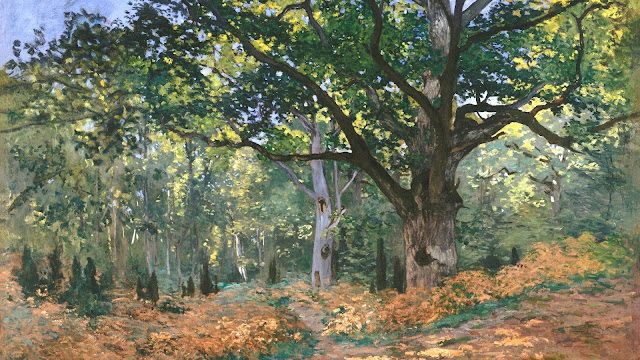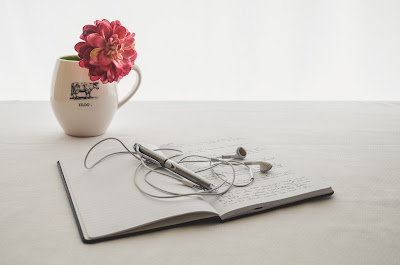 |
| River rocks - pick one and tell its story. |
I was recently away at a poetry retreat in Burnt River. A wonderful getaway that turned out to be the best vacation I've had in a long time – thanks to the finest and purest river in Ontario and great poets for company and inspiration.
After so much immersion in poetry, I came home feeling refreshed and oddly gung-ho to switch gears and start writing some fiction.
In what ways do poetry and fiction overlap?
Here are some poetry tools and ways to transfer some of these tools into the world of fiction.

Some Poetry Tools
|
Some Fiction Tools
|
- Make sure you include concrete objects.
|
- Concrete objects expand to amount to a setting. (Some
poets say: location, location, location! So the difference here is
perhaps a matter of magnitude.)
|
- Try to write about an "occasion" – however small it
might be. Occasion is a tricky word - I don't mean Christmas or anything
like that (although you could write about Christmas) – but whatever it
is, it’s something that has importance to you.
|
- The "occasion" or "event" might be minute or huge
- but even if it's a bird's eye view – you're taking us through a series
of events or at least expanding the event to include more parts of the
experience.
|
- Look for fresh ways to express things – as in stay away from
cliches. Be careful of overusing abstract words like the soul, evil,
hope, eternity and freedom. You have to work for these words
(somewhat)!
|
- Is the word choice in fiction just as crucial as the word choice in poetry? For some authors you would
think so.
|
- Look for some rhythm in your words – if it's disjointed and
sounds like you're trying to say a whole bunch at once – you might need
to think of another way to say what you're trying to say.
|
- When you read a story aloud – you do hope for a certain rhythm to
the words – although in general you don't want it to be so pronounced as to make the listener overly conscious of it.
|
- You want to open with something inviting – conversational even.
However you start it needs to be a strong line – which will help form
the whole poem.
|
- Fiction writers swear by the importance of the first line. The
word "hook" doesn't quite speak to me. Invitation – sounds
more appealing.
|
- There is a progression – a middle where certain ideas/images/emotions
are expanded upon – perhaps you might call it the "meat."
|
- The middle is often where fiction writers tend to sag – and
there's a lot of talk about increasing the tension and number of
obstacles – but perhaps you could look at it as simply going further
in-depth about your story to convince the reader (and you) that this is
a "real" world.
|
- The end hopefully has a feeling of completion – even if it drops
off - it drops off at the right moment – which somehow magically brings
some new aspect / new twist / new way of looking at something – that has
come out of the exploration/writing of the poem.
|
- The end is another trap for fiction writers (and poets). I get
intimidated with phrases like "growth of the character" and
"epiphanies." If the end is something that comes out of
the beginning and the middle – I wonder why so many authors have to see the end before they begin writing? Whatever works.
|
- Of course the structure of poetry includes such things as
stanzas, different forms and line breaks (or lack of line breaks in prose poetry). I find the options so helpful
and varied.
|
- I find structure the most
elusive aspect of fiction. Perhaps the epistolary novel would be the easiest for a poet to write - as each unit is contained and has a visible structure.
|
- I don’t necessarily think in
terms of “characters” when it comes to poetry – although of
course “characters” do show up. They may be part fictional – but I don’t
feel as if I’m “making them up” – they are real within the context of
the poem.
|
- The
idea of “creating characters” has never been a particularly helpful
phrase for me. And creating a “cast of characters” seems all the more
daunting. Better to just begin to tell the story and see who shows up.
|
Some people don't
know what poetry is and it bothers them (actually even scholars of poetry can't
define it). I often wonder: what is fiction?
Poets and fiction writers - please post your thoughts and suggestions! What "tools" leave you feeling blocked and what "tools" open the door for you?




